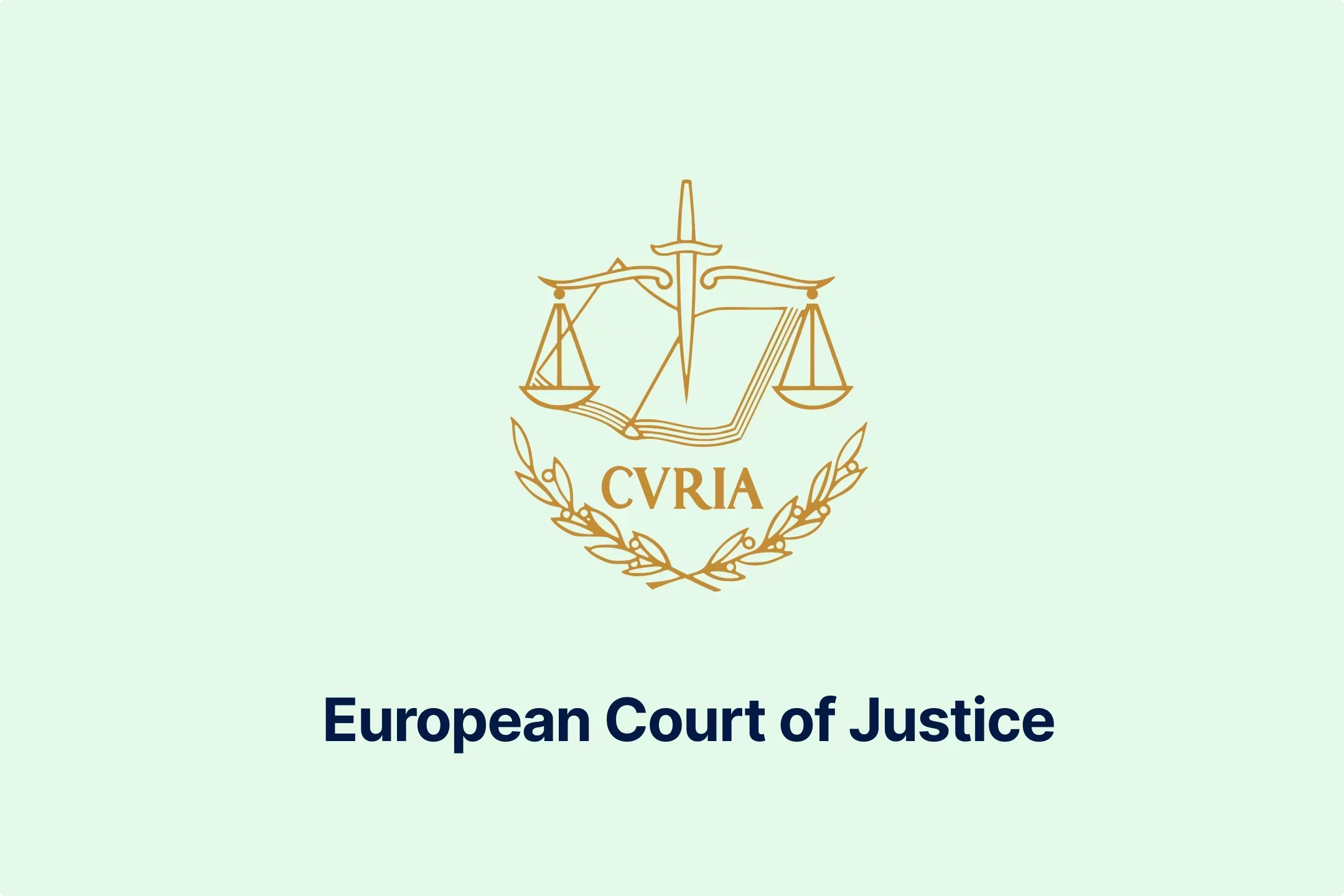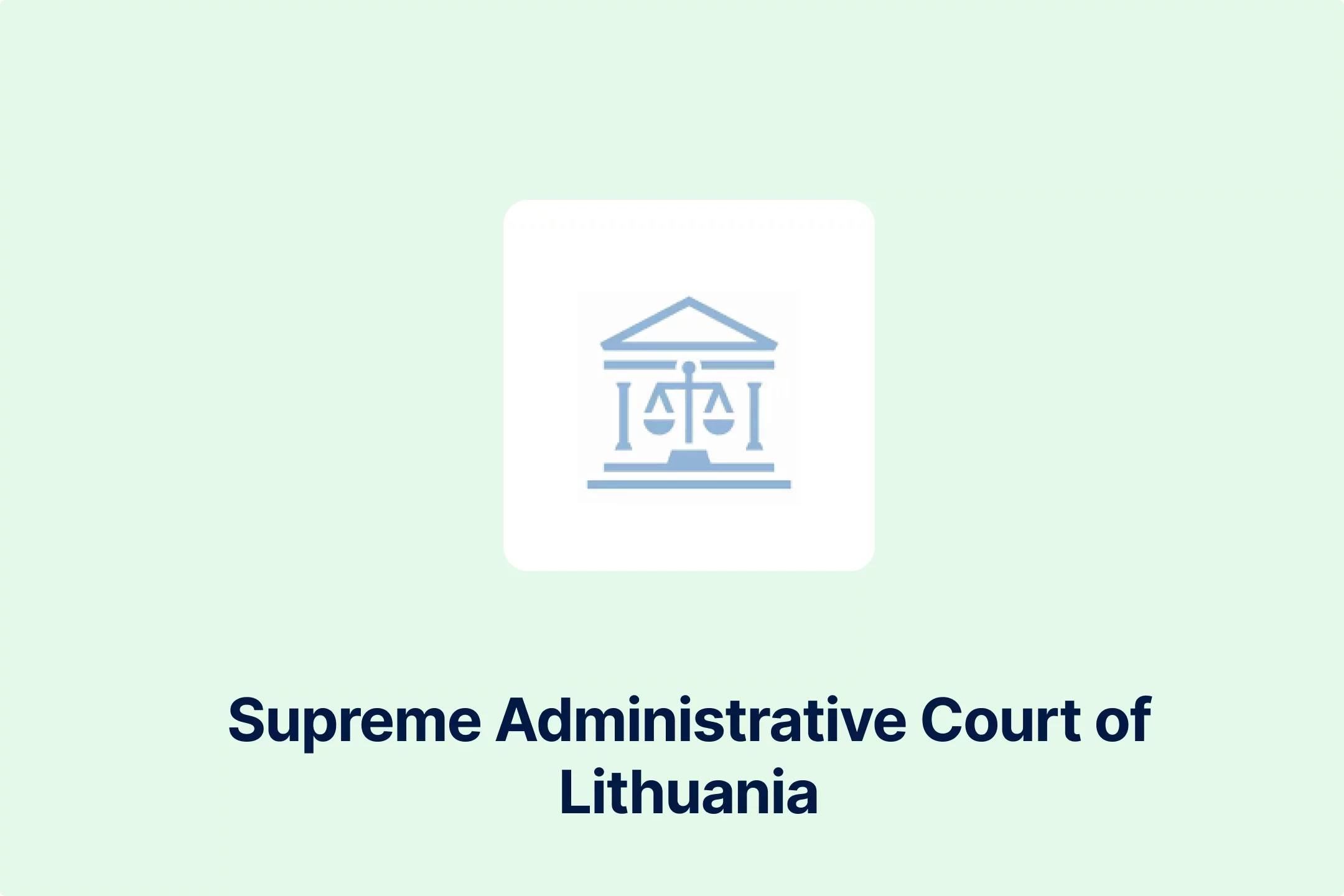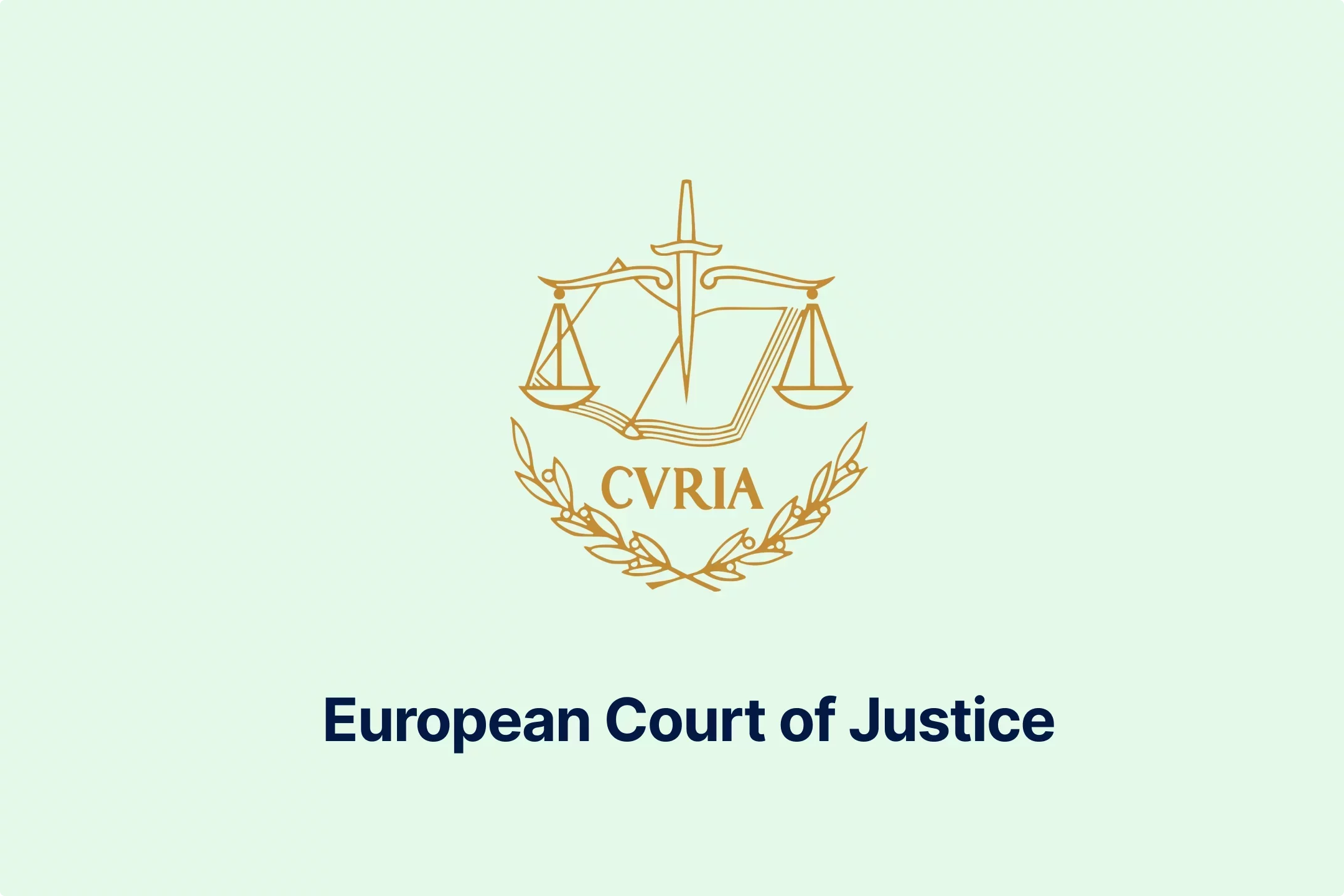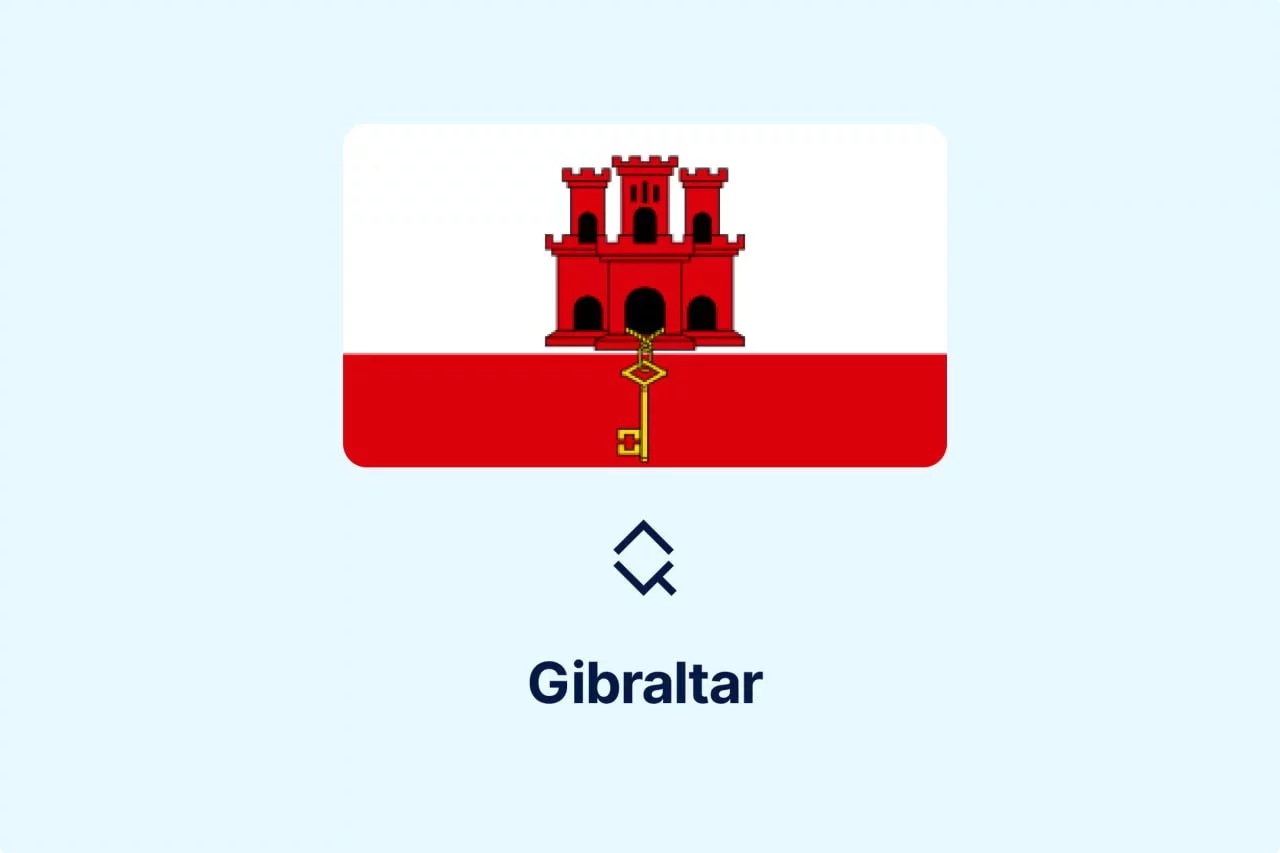ECJ Clarifies VAT Fixed Establishment Rules

A decision issued by the Court of Justice of the European Union (CJEU) on June 13, 2024, in case C‑533/22, provided several important clarifications regarding the criteria that allow an entity to qualify as a fixed establishment in the light of the EU VAT Directive.
The Factual Situation
This case concerns a German taxpayer, Adient Germany, who moved raw materials to Romania. A connected company, Adient Automotive România SRL, not only provides manufacturing services for seat upholstery components but also provides a wide range of services, from marketing, storing materials, and manufacturing to arranging the delivery of the goods. However, Adient Germany remains the owner of the raw materials, semi-finished products, and finished products throughout the processing process.
Adient Germany also has a VAT registration code in Romania, which it uses to report its purchases of goods in Romania and deliver finished products to customers. For the services provided by Adient Romania, Adient Germany used its German identification code for VAT purposes.
The tax authorities in Romania considered that Adiend Germany had technical and human resources (resources) in Romania through Adient Romania's two branches, one in Pitești and one in Ploiești, which resulted in meeting conditions for a fixed establishment for VAT purposes in Romania.
The Decision and Reasoning of the CJEU
In its decision, the CJEU stated that the existence of a fixed establishment cannot be inferred from the companies' simple affiliation to the same commercial group or from the fact that these two companies are related to each other in terms of the legal point of view through a contract that establishes the conditions under which the services provided by one are carried out for the exclusive benefit of the other.
Furthermore, the CJEU emphasized that if a company in one EU country receives manufacturing services from another EU country, just having a part of its business in the second country doesn't mean it automatically has a fixed establishment there for VAT purposes.
Additionally, concerning resources, the CJEU noted that if a company in one EU country receives services from a company in another EU country, it doesn't have a fixed establishment in the second country for VAT purposes if its resources in the second country are not separate from those used to provide the services.
Conclusion
The CJEU decision clarifies the distinction between active and passive fixed establishment and provides the necessary stability to apply the VAT rule at the EU level. It also reduces uncertainties that some groups of companies experienced due to differences in interpretations of the European legislature, which led to the imposition of significant additional VAT payments and various procedural difficulties.
Source: CJEU case C‑533/2

Featured Insights

Burkina Faso FEC E-Invoicing Mandatory July 2026
🕝 February 24, 2026More News from Europe
Get real-time updates and developments from around the world, keeping you informed and prepared.

EU Law Primacy in VAT: ECJ Rules on Hungarian National Practice

Appstore VAT Ruling: Who owns your In-App Purchase tax? C-101/24

VAT Treatment of EU-Funded Projects for Non-Profit Associations

Right to Deduct VAT on Fixed Asset Reconstruction: Court Ruling
-7xsxxoypnx.webp)
Italy’s EUR 1 Billion VAT Dispute with Meta, X, and LinkedIn Explained
-l0zcrrzvhb.webp)
EU 5% Digital Service Tax Could Generate EUR 37.5 Billion: CEPS Study

Restrictions on VAT Deduction: Key Legal Cases & Compliance Insights
-qsozqjwle2.webp)
EU Parliament Approves ViDA: VAT Reforms & Digital Tax Compliance

-e9lcpxl5nq.webp)




-zzrhegqsyq.webp)

-ulcnia30z1.webp)



-3rcczziozt.webp)

-rvskhoqpms.webp)




-a5mkrjbira.webp)

-ivkzc1pwr4.webp)




-hssrwb5osg.webp)



-c06xa1wopr.webp)









-webajrr4ny.webp)
-evibmwdwcn.webp)
-7acdre0hop.webp)

-lcgcyghaer.webp)
-ol6mdkdowg.webp)
-aqdwtmzhkd.webp)

-njgdvdxe2u.webp)



-i6rki3jbad.webp)
-hdwgtama05.webp)

-atbhy5fyxv.webp)






-zp2n6zixoa.webp)
-oa1ynbm4sn.webp)

-lltkno6txy.webp)



-do38odrqnq.webp)

-t409oldqzt.webp)

-hordopb6xh.webp)

-ooimnrbete.webp)

-lwb5qpsily.webp)


-eumafizrhm.webp)

-mtqp3va9gb.webp)

-3ewrn1yvfa.webp)
-591j35flz2.webp)

-huj3cam1de.webp)


-hafis0ii23.webp)

-qseaw5zmcy.webp)



-qzsah2ifqx.webp)

-69rzooghib.webp)
-wrvng98m0g.webp)


-psucycuxh2.webp)
-klyo8bn5lc.webp)




-6wv5h5eyyd.webp)
-tfgg78rbid.webp)
-a6jpv9ny8v.webp)
-qhdbapy0qr.webp)

-owvu7zoc13.webp)


-h28jrh1ukm.webp)

-wl9bl1rw3a.webp)

-2w76jtvtuk.webp)

-c0uvrmrq9j.webp)



-pofe7ucwz3.webp)



-5cc23ezxyf.webp)
-rrmabbekeb.webp)







-iyyeiabtaf.webp)
-c8rbjkcs01.webp)
-nilkffjhah.webp)

-hikakq55ae.webp)

-z1d60bldtg.webp)
-d1a0q6n7mp.webp)
-viip8nvoeh.webp)
-bvv1otliox.webp)



-de8hdb1bn3.webp)

-cm0opezg73.webp)
-0tovsdupmi.webp)
-subxdamdj6.webp)


-gly6ablwnh.webp)
-gkduqhwbzh.webp)
-qpe1ld9vcj.webp)
-8noukwsmba.webp)
-aka29tuhkt.webp)


-fisvs27yrp.webp)


-mp0jakanyb.webp)

-aivzsuryuq.webp)



-o7f4ogsy06.webp)

-zjja92wdje.webp)
-hrbhdts8ry.webp)
-qtdkwpgkug.webp)


-cf8ccgah0p.webp)
-0em3cif5s6.webp)






-ptzesl0kij.webp)

-tfzv42pyms.webp)







-uodv7sfbih.webp)
-bbrdfmm9qf.webp)



-m2tl8crfqr.webp)




-1awbqjgpjs.webp)
-avbjsn1k1g.webp)


-0h8ohkx6s0.webp)



-wfmqhtc7i6.webp)
-7wljbof2zo.webp)

-eqt97uyekl.webp)
-wzw9mcf563.webp)

-z4oxr6i0zd.webp)




-fhtic1pwml.webp)

-iipdguuz9p.webp)
-nkhhwrnggm.webp)
-pltqwerr3w.webp)

-nn6mtfbneq.webp)

-tmnklelfku.webp)



-8z1msbdibu.webp)
-7g16lgggrv.webp)



-lxcwgtzitc.webp)
-9mc55kqwtx.webp)


-xla7j3cxwz.webp)
-jrdryw2eil.webp)





-t9qr49xs2u.webp)


-qjopq5jplv.webp)



-vune1zdqex.webp)

-rgjta7iwiv.webp)

-zb6bxxws47.webp)
-lyfjzw4okp.webp)

-ogpfmol5m1.png)


-czisebympl.png)

-zetvivc79v.png)
-ud7ylvkade.png)
-qizq6w2v5z.png)







-ihr6b4mpo1.webp)
-k1j4au0ph6.webp)
-swxxcatugi.webp)


-ig9tutqopw.webp)

-tauoa6ziym.webp)

-spr0wydvvg.webp)
-xfuognajem.webp)





-u2nv5luoqc.webp)








-opuxpan2iu.webp)




-kwttsfd8ow.webp)
-8u14qi10nj.webp)

-wjpr96aq5g.webp)

.png)

.png)


.png)


.png)



.png)
.png)
.png)
.png)
.png)

.png)
.png)




.png)
.png)



































































































































